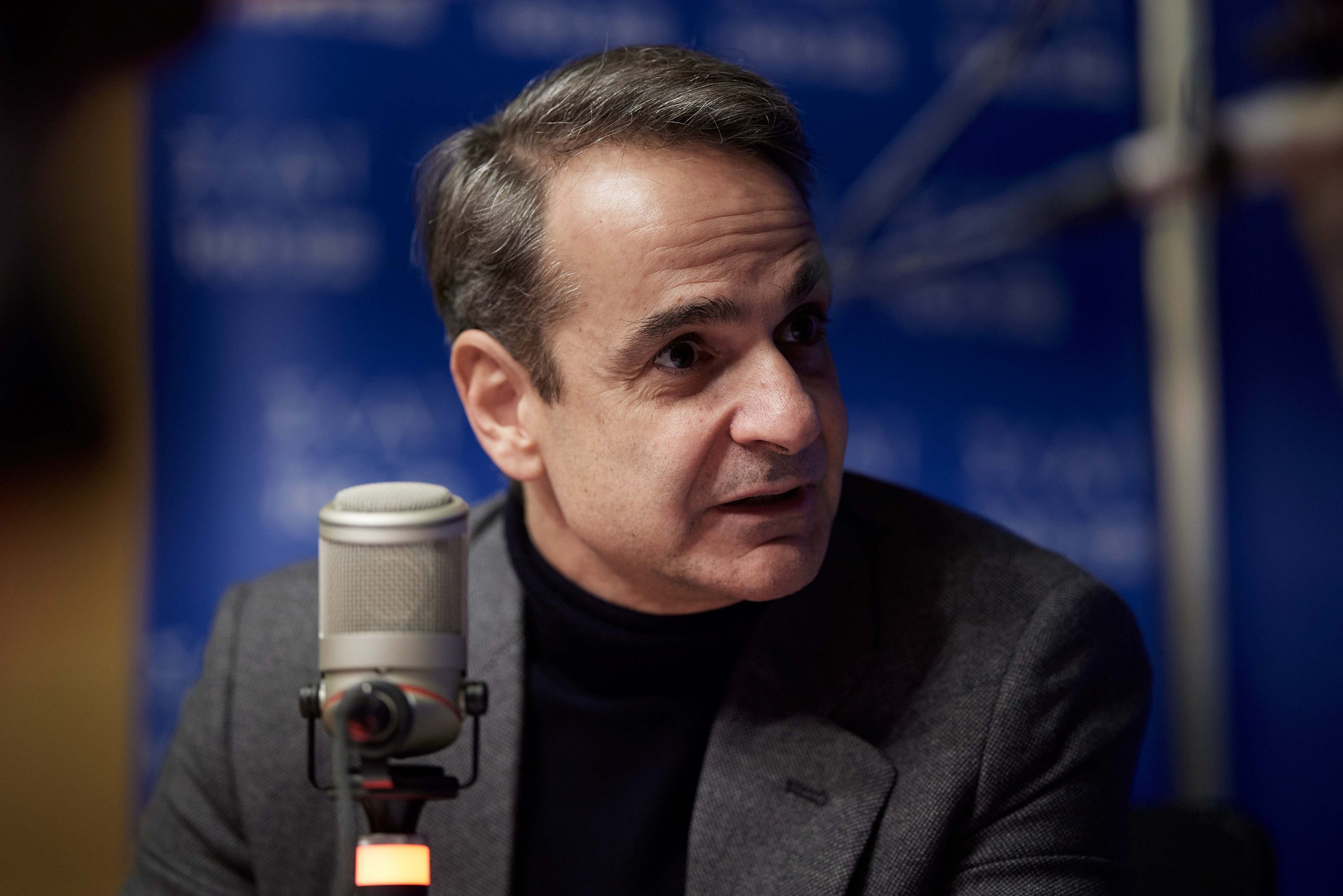Nagging inflation, especially surging food prices in the country compared to the rest of the EU, was acknowledged on Tuesday by Greek Prime Minister Kyriakos Mitsotakis who spoke during a wide-ranging interview on an Athens-area radio program.
Dealing with month-to-month hikes in the inflation rate, with food prices rising at almost double-digit annual rates every month has been the primary concern of respondents in repeated opinion polls over the past year, with the center-right government receiving negative marks in the specific category.
Mitsotakis acknowledged that “imported inflation” magnified the pre-existing “distortions” in the local market and even fueled profiteering by producers and wholesalers.
The “remedy” proposed by the Greek prime minister is continued market inspections and the imposition of heavy fines, saying regulatory authorities are now able to recognize such “practices”.
“Price hikes have remained on the (supermarket) shelves. The issue now is how to achieve a de-escalation,” he said.
In another bid to deal with shrinking household income, he said the priority now is to raise the minimum monthly wage. Although avoiding specific details, he said the goal remains 950 euros per month by the end of the current government’s four-year term, i.e. 2027, while also claiming that private sector wages are also increasing.
In turning to another burning issue for lower to middle-class wage-earner and younger adults, he repeated the government initiative to open currently closed and unoccupied apartments and housing units in the country, especially the greater Athens-Piraeus area, for lease.
“We don’t intend to destroy the Airbnb-type market,” he added, while again citing the prospect of revising the “Golden Visa” scheme that allocates a residency visa to non-EU foreign nationals in return for property purchases – 500,000 euros in the greater Athens area, for instance.










